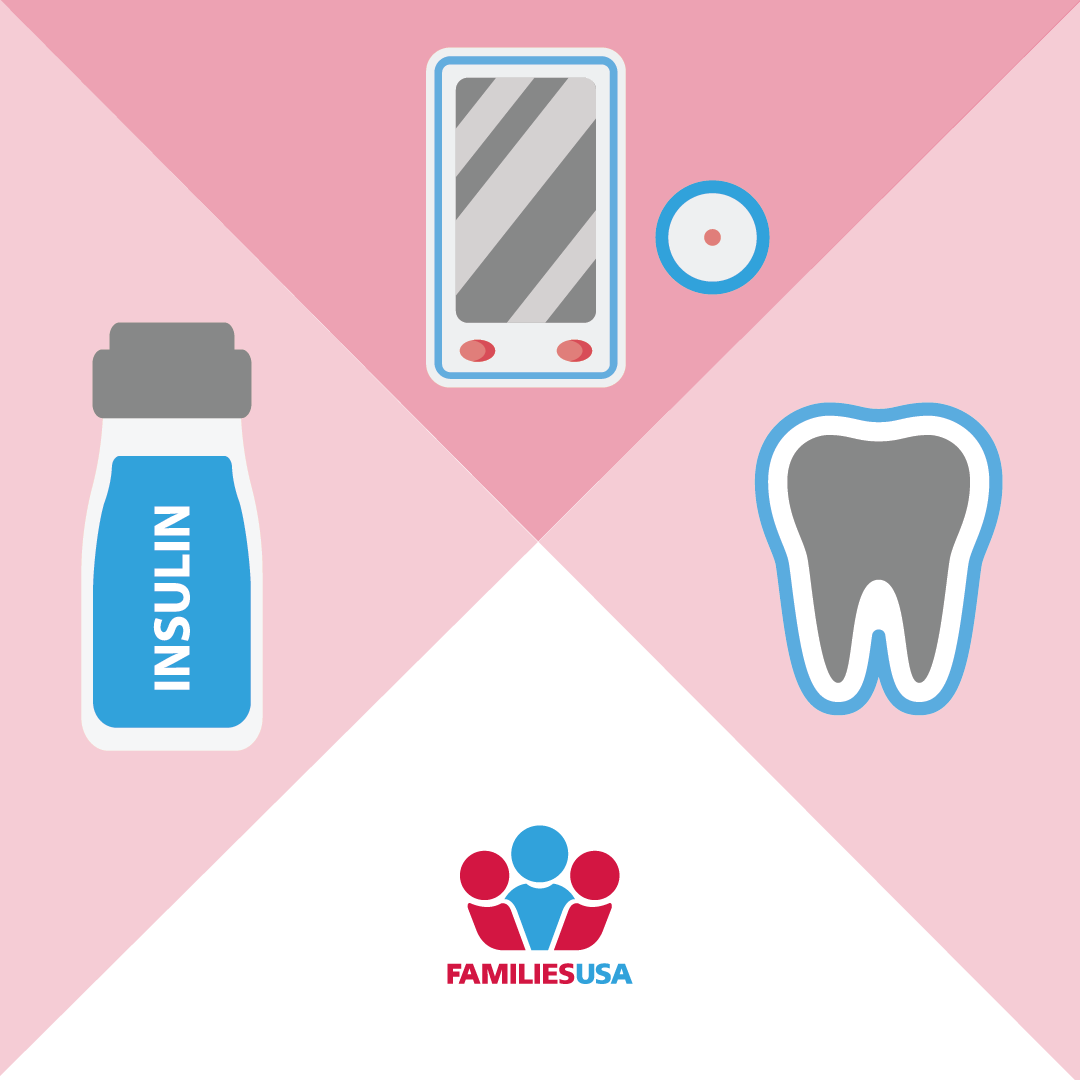Reining in High Prescription Drug Prices: What Families Need from Congress
04.29.2019
This paper from the Coalition for Fair Drug Prices outlines bold recommendations for how Congress can rein in prescription drug prices for America’s families.
Congressional committees have advanced initial measures to address prescription drug costs. However, their work to date has not focused on the significant policy changes needed to meaningfully lower drug prices. To address the drivers of excessive prescription drug prices in the United States, the Coalition for Fair Drug Prices urges Congress to enact meaningful policies that leverage the federal government’s power to negotiate drug prices.
The Coalition for Fair Drug Prices urges Congress to implement a system that allows the government to negotiate prices for all of America’s families, whether they get their coverage from Medicare or elsewhere. This system must have a strong backbone- an enforcement mechanism- to truly bring costs down.
Reining in High Prescription Drug Prices: What Families Need from Congress suggests possible enforcement mechanisms, some of which could be applied in concert or as stand-alone policies. These include, in no particular order:
- Issuing Competitive Licenses: If the manufacturer refuses to agree to a fair price, the federal government would issue licenses to other manufacturers that would allow those manufacturers to introduce generic competition for the drug.
- Taxing Excessive Revenues: If the manufacturer refuses to agree to a fair price, the manufacturer would be subject to a 100 percent tax on the difference between the excessive price at which it sells the drug and the determined fair price.
- Negotiating Using the Purchasing Power of all Federal Health Care Programs: If a manufacturer refuses to agree to a fair price for a particular drug, it would lose coverage by all federal health care programs for all of its drugs for which there are sufficient alternatives from other brands or generics.
Members of the Coalition for Fair Drug Prices include Families USA, the AFL-CIO, the Center for American Progress, Community Catalyst, Doctors for America, the Medicare Rights Center, the National Partnership for Women and Families, Public Citizen, SEIU, and state-based organizations Health Access California, Maryland Citizens’ Health Initiative, and the Universal Health Care Foundation of Connecticut.




